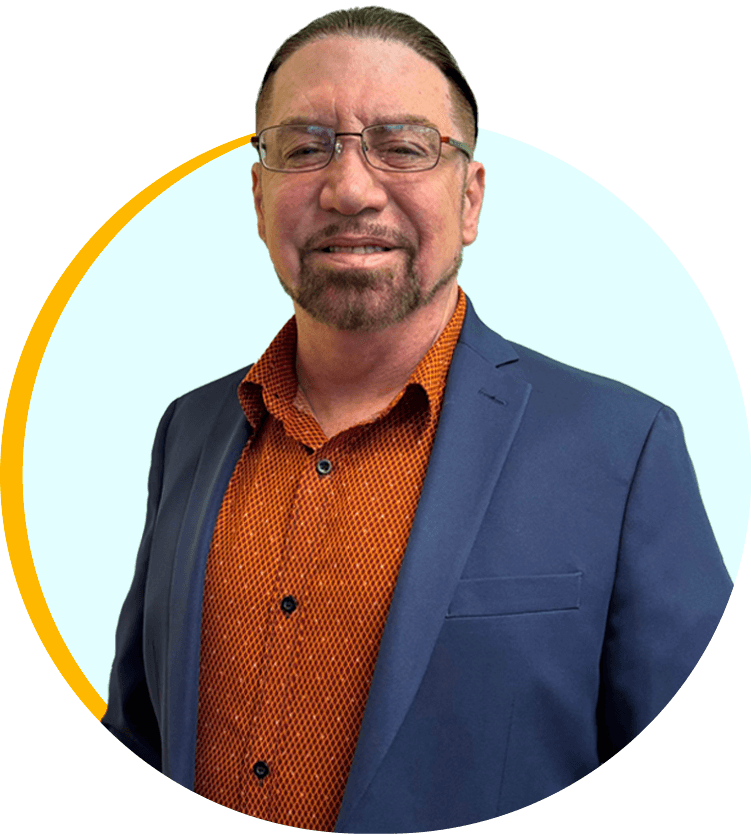Once you’ve made the decision to go down the path of recovery and work your way into a life of sobriety, the next steps are well-trodden. Detox then, generally, residential inpatient and then outpatient treatment. At Principles Recovery Center, we believe it’s in those latter parts of the process that drug addiction therapy comes into play.
What Is Drug Addiction Therapy?
In broad terms, drug addiction therapy is the method by which trained professionals go about working through and unwrapping your addiction. It’s less “therapy” in the singular sense though and more “therapies” as there are many varieties. Just as there are many types of people, personalities, addictions and substances, there are particular therapies that are better suited for each individual.
That’s a great thing too because what works for one person may even be counterproductive to another.
Types of Drug Addiction Treatment Methods
Cognitive Behavioral Therapy (CBT)
CBT is an evidence-based treatment that helps addicts to recognize the negative thoughts and thought patterns that occur when they are faced with challenging, stressful situations. The National Institute of Health notes that it helps patients recognize, avoid, and cope with the situations in which they are most likely to use drugs.
Being able to develop real control over your thoughts is paramount, negative thoughts happen but they don’t have to spiral into negative and destructive actions.
Group Therapy
Group therapy is a mighty tool in the therapeutic chest. While individual counseling sessions are big components of recovery, nothing comes close to replacing the feel of community that comes from being with people who’ve shared the same experiences as you.
The sense of isolation you might be feeling disappears in the comfort of others and seeing your fellow patients progress has an inspirational aspect to it that functions as a motivator. At the same time, you’re able to create bonds, interpersonal relationships and perhaps even the foundations of a new network of sober friends for life after treatment.
That’s in addition to the positive feedback and support from your peers and therapists that are hallmarks of group therapy.
Dialectical Behavioral Therapy (DBT)
DBT is a form of Cognitive Behavioral Therapy that is as well about facing negativity and changing those destructive and poisonous thought patterns. The distinction between the two is while CBT focuses on change DBT emphasizes acceptance and change, which is where the word “dialectical” comes into play. The idea is to accept your experience
This therapy is best suited for those who grapple with co-occurring disorders, at high-risk or are long-term substance abusers.
Holistic Methods
Most often you’ll see holistic methods labeled as “alternative therapies” because for a long, long time they existed on the fringes of addiction treatment and therapy. Nowadays, however, many facilities are embracing these methods as they help tackle the many different and tough to reach parts of the human experience.
The most well-known is yoga which encourages a mindfulness that’s hard to attain through other means. As well, while working to connect the body and mind, yoga fosters self-discipline.
The holistic drug addiction treatment methods don’t end there though. Art therapy helps celebrate self-expression and the creative process. Acupuncture, the ancient Chinese practice of inserting thin needles into the body, works to realign your energy. Biofeedback involves electrical sensors that measure a variety of functions in the body with the goal of getting you to control them better.
And there are yet more!
How Principles Can Help With Your Addiction
One size fits all treatment means no one is getting the exact treatment they really need and at Principles Recovery Center in Davie, Florida we fully appreciate the importance of a personalized approach. With over 30 years of experience, you can trust that we practice what we preach.
Reach out to us today if you’d like to know more about any of the therapies we offer.



